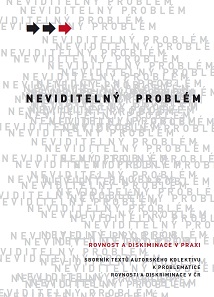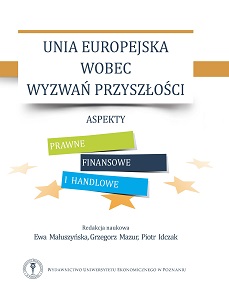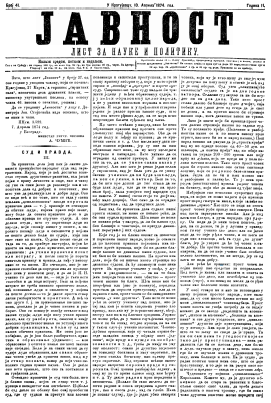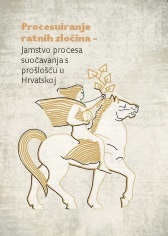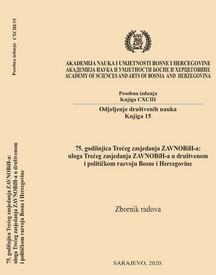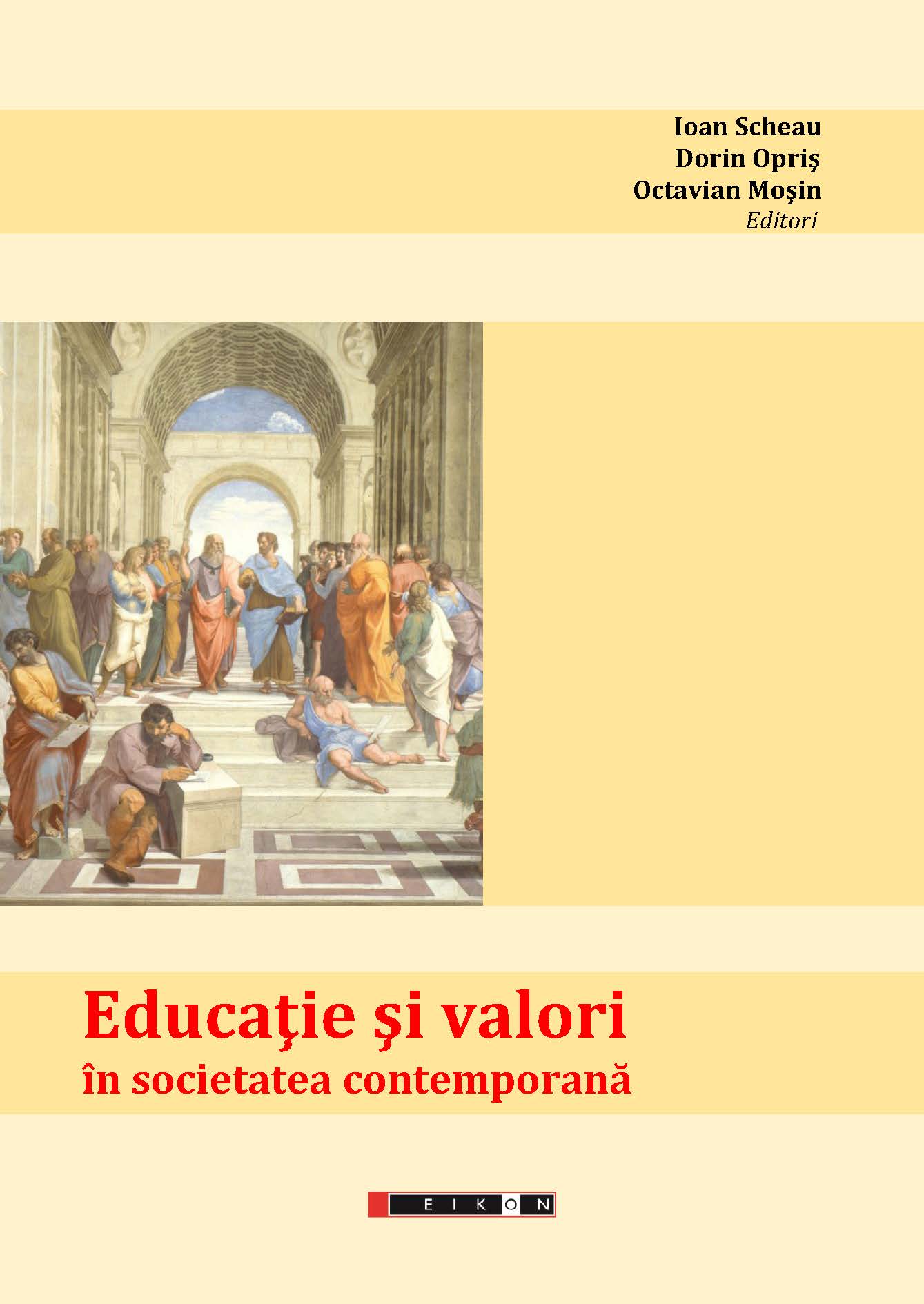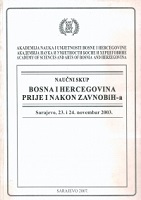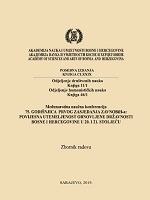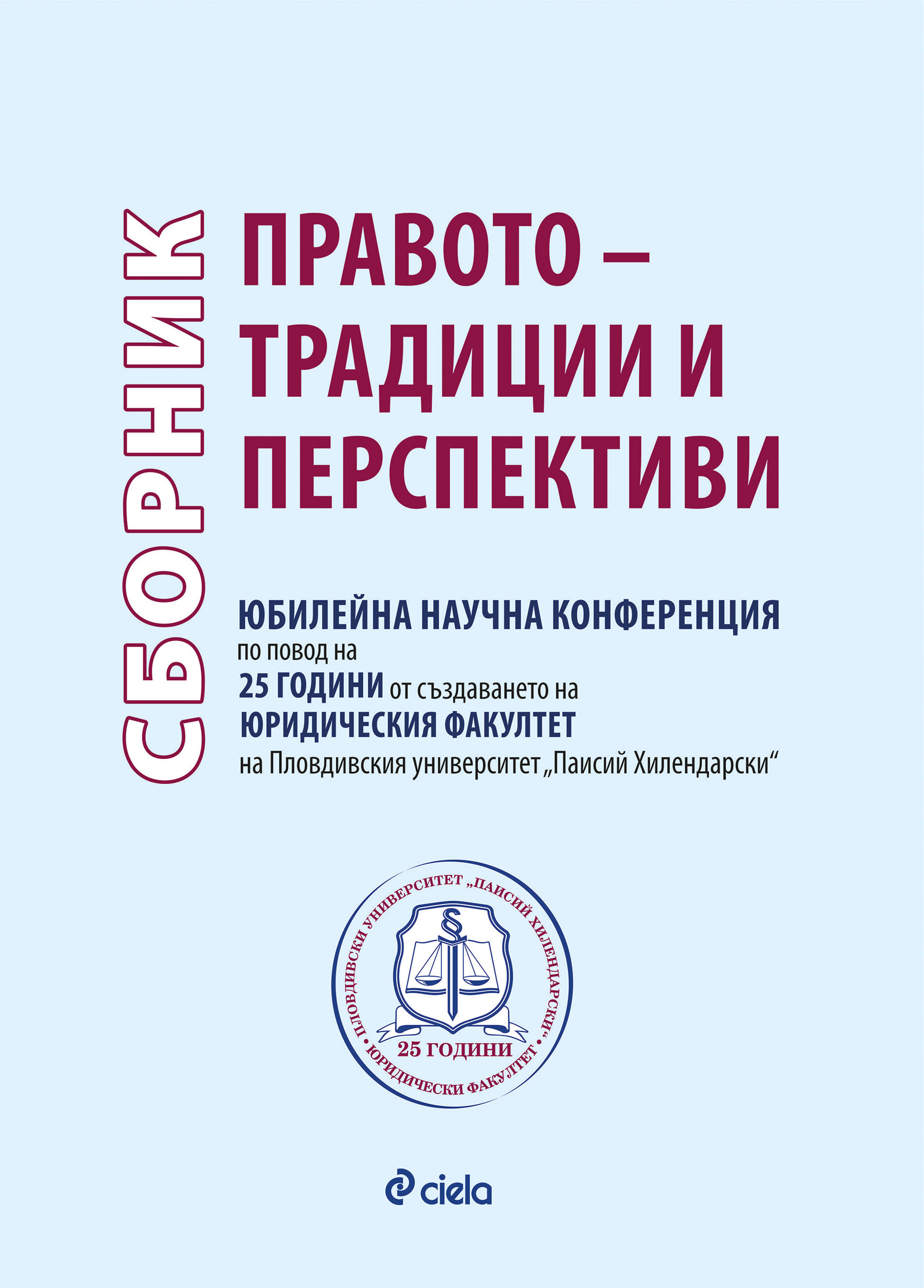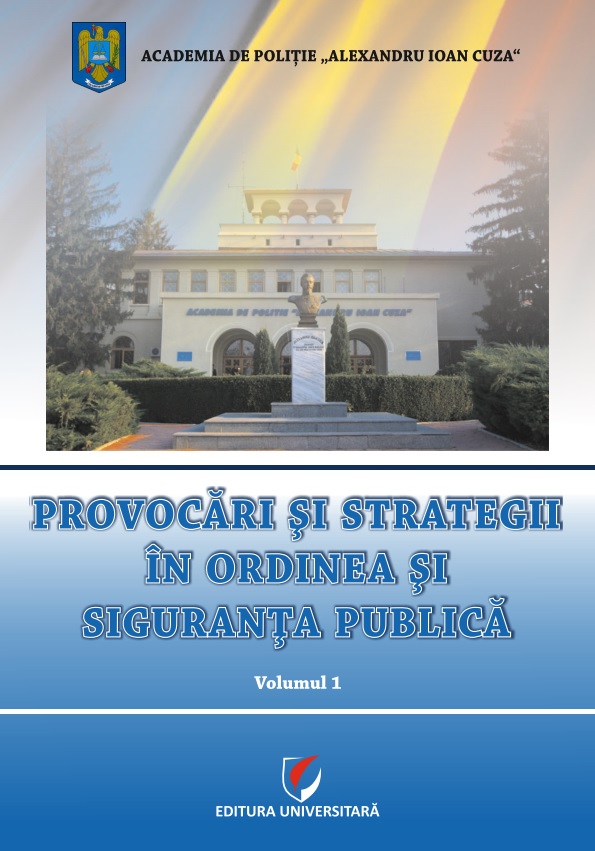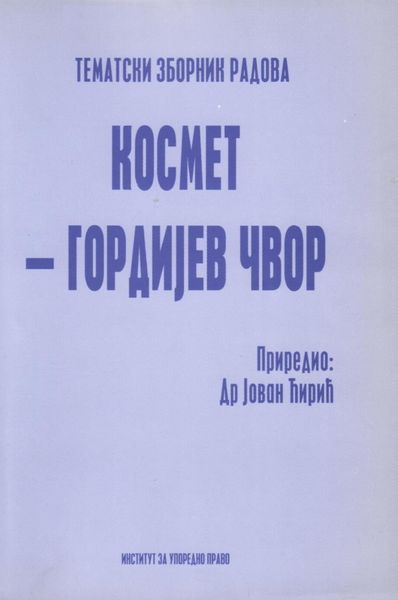
Историјски узроци настанка и уставно правни развој Аутономне покрајине Косово и Метохија
The autonomy of Kosovo and Metohia has been existing within the Republic of Serbia for six decades. The roots of establishing this Region can be found in historical, economical, rational, generally traditional and other characteristics of this region as well as in different political and ideological combinations of political movements but in the first place in the communist party. So ones having been established, this autonomy has had its developing path that has influenced its constitutional and legal transformation.The constitutional and legal state of the Autonomous Region of Kosovo and Metohia has on the other hand shared the destiny of constitutional and legal development of the former Yugoslav Federation and The Republic of Serbia, being a member of this Federation within which was also this autonomy.In particular periods of time when the central power has grown, the role of the Federation units and so also of the Autonomy has weakened.. In ther periods of time being characterized by its decentralization process, the constitutional and legal position of the Autonomous Region of Kosovo and Metohia has strengthened. According to the Constitution of 1974 the autonomy was not only equalized with the federal unit in the frame of which it has existed , but has had a superior position in many authorities. This has caused different tensions which has lead in some periods of time to suspension of these competences up to proclaiming the state of emergency and even the military regime. There have been also armed conflicts and the international community has intervened drastically punishing The Republic of Serbia in the frame of which this Region exists, by military intervention, i.e. bombardment. After that, in 1999 this Region has been put under the jurisdiction of the international forces till the final solution to its status is found. As, due to unwillingness to negotiate of the representatives of the Albanians from Kosovo and Metohia, the attempts to come to a compromising solution have failed. The Albanian party has proclaimed the onesided independence of this Region. Though some countries have recognized Kosovo and Metohia as independent state, its status is still uncertain, as it has not been recognized by the United nations and cannot become a member of other international organizations. On the other hand this onesided secession has not been recognized by The Republic of Serbia which does not agree with the separation of its own territory.
More...

